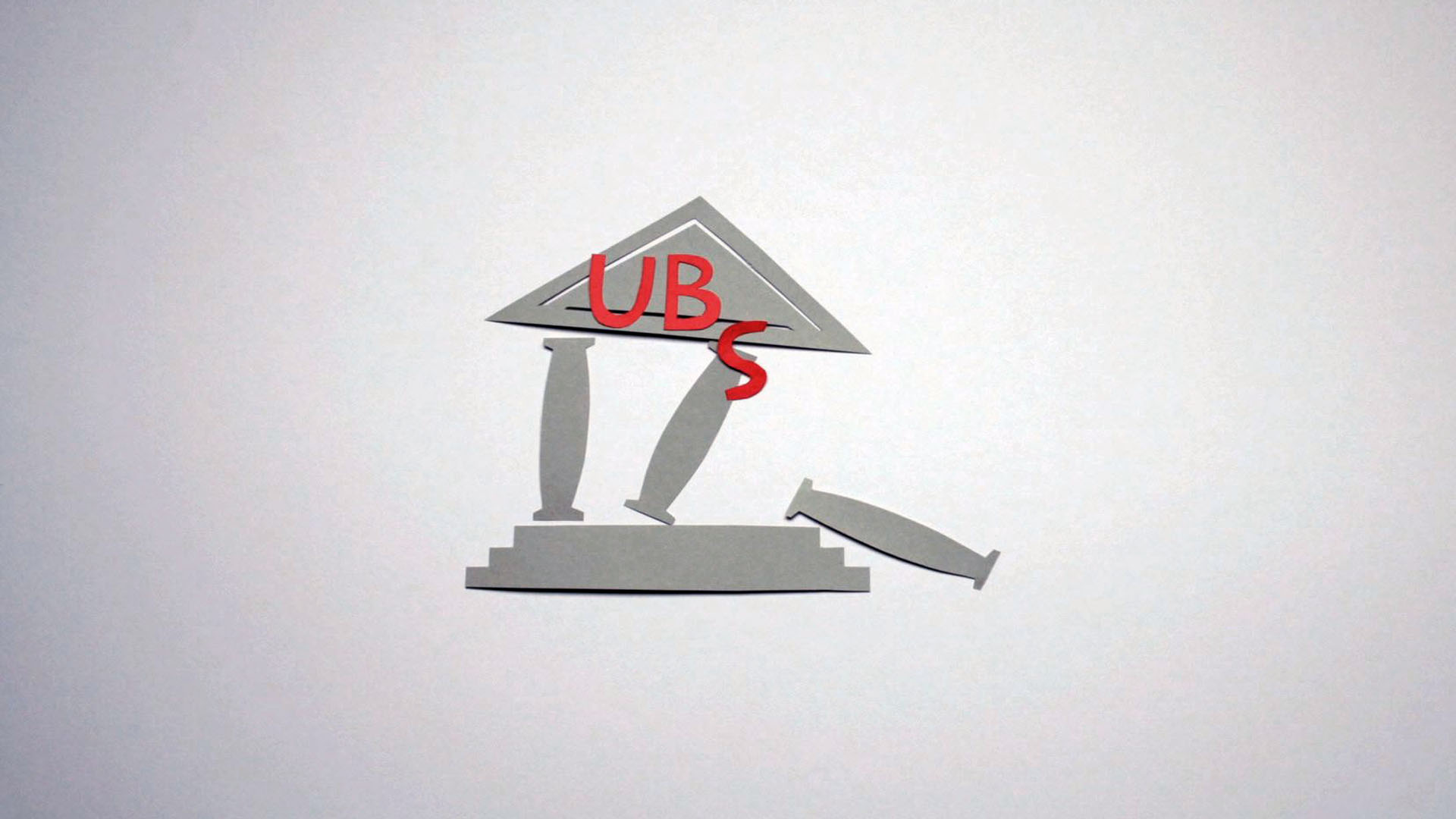
‘We’re bringing back stability to international markets’: UBS chief

UBS CEO Ralph Hamers says that by taking over rival Credit Suisse, his bank was maintaining the reputation of the Swiss financial centre.
Hamers, who will lead the newly merged business together with UBS Chair Colm Kelleher, tried to quell any nervousness about the deal struck over the weekend to buy the ailing Credit Suisse for CHF3 billion ($3.2 billion).
“The takeover means that we are bringing back stability and security for CS clients,” he said in an interviewExternal link with Swiss public television SRF on Monday. “We have a very good capital ratio at UBS and a very good liquidity position. So we have contained the risks in the markets.”
+ Read more on the historic takeover of Credit Suisse by UBS
“We can now be a globally managed bank with assets under management of up to CHF5 trillion [$5.4 trillion],” he added. “And with that, we bring something to the world and to Switzerland that we can be proud of.”
No information on layoffs
Hamers, however, could not say how many staff members may potentially face layoffs.
“There are certainly opportunities and chances for growth,” he said. “The many employees – CS has 50,000 worldwide – also have a new future together with us. And together we can build an even more beautiful bank.”

More
How a bad bank saved the Swiss economy
The Swiss Bank Employees Association, which is touch with UBS, is urging the bank to keep job cuts to “an absolute minimum”.
“The jobs of very many employees are at stake,” the association told Reuters news agency.
The roughly 50,000 Credit Suisse workers are spread across the bank’s 150 offices in 50 countries.
More
“It’s a historic day in Switzerland and a day, frankly, we hoped would not come,” Kelleher said in a conference call with analysts. “I would like to make it clear that while we did not initiate discussions, we believe that this transaction is financially attractive for UBS shareholders.”
UBS shares took a tumble of roughly 8.6% in price on Monday morning to reach CHF15.625. Credit Suisse shares, meanwhile, fell by nearly two-thirds and were trading at around CHF0.73.

More
A world without Credit Suisse

In compliance with the JTI standards
More: SWI swissinfo.ch certified by the Journalism Trust Initiative



























You can find an overview of ongoing debates with our journalists here . Please join us!
If you want to start a conversation about a topic raised in this article or want to report factual errors, email us at english@swissinfo.ch.